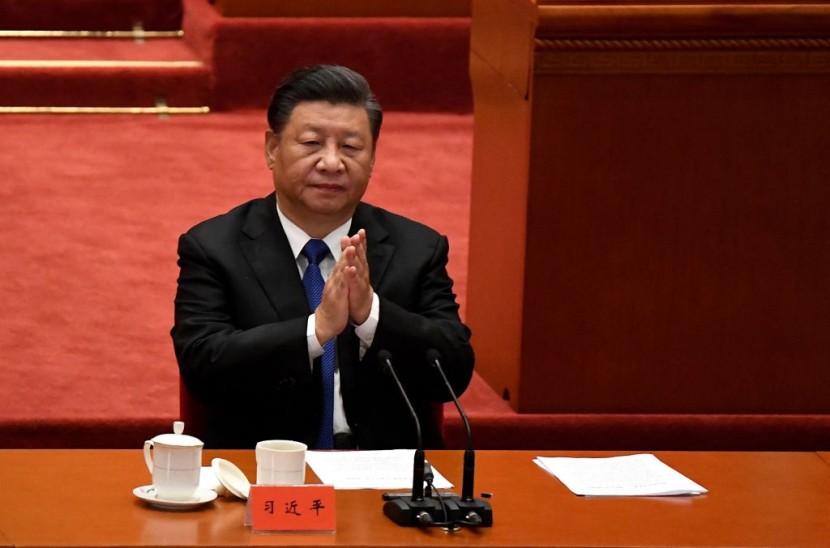
While Xi Jinping's address on Sunday didn't add anything new to the debate over Taiwan, it did use a more stern tone in warning that China would be the only country to decide how and when to reunite the country.
Chinese President Xi Jinping emphasized that China would continue to strive for "peaceful reunification," but he also stated that China reserveS the right to use force and all measures necessary. Analysts said that Xi's earlier mention of Taiwan in his speech than he did five years earlier was a sign of the island's increasing importance.
China Warns Against International 'Interference'
When Xi Jinping took a tough stance on Taiwan, the audience applauded for one of the speech's longer periods. The emphasis on external influences indicated China's growing understanding that the United States and an increasing number of other nations have made Taiwan a priority.
Many experts saw the speech's discussion of Taiwan as a step-by-step response to a white paper that the Chinese government released following Nancy Pelosi, the speaker of the US House of Representatives, visit Taiwan in August.
The Chinese Communist Party made it known after her visit that it reserved the right to invade and to take actions that would effectively cut off the islands of Taiwan from the rest of the world by conducting military drills and increasing dispatches of military aircraft and ships close to Taiwan, as per New York Times.
Wen-Ti Sung, a political scientist at the Taiwan Studies Program at Australia National University, said that Xi's decision to bring up the Taiwan issue early in his speech signals a newfound urgency on achieving progress on the Taiwan issue.
Xi drew the loudest and longest round of applause from the over 2,300 hand-selected delegates in the Great Hall of the People when he brought up Taiwan once more later in his speech.
"We will never vow to abandon the use of force and we maintain the option of adopting all necessary measures," he said somberly after promising that China will strive for peaceful reunification.
In addition, Xi Jinping emphasized the rapid changes in the international situation, a veiled allusion to the deteriorating relations between China and the West, which have been made even worse by Beijing's covert backing of Moscow in the wake of Russia's invasion of Ukraine.
In an apparent shot at what Beijing sees as a US-led world system that needs to be overturned, he said China has taken a clear-cut stand against hegemonism and power politics and never wavered in opposition to unilateralism and bullying, according to CNN.
China to Continue Strengthening Military
According to Xi Jinping, China will quicken the development of a top-notch military and improve its capacity to develop a strategic deterrent capability.
The ability to preserve national security should be strengthened, as should the assurance of food and energy supplies, the security of supply chains, the enhancement of response capabilities in the event of disasters, and the protection of private data.
To actively lead religion to be consistent with a socialist society and uphold the principle of building a culture with socialist characteristics, China will also deepen patriotic education, according to Xi Jinping. Xi Jinping used the words security or safety 89 times in the whole work report, up from 55 times in 2017, according to a Reuters count. In contrast, his use of the word "reform" decreased to 48 from 68 instances five years ago.
As China's economy has stagnated, according to Alfred Wu, an associate professor at the Lee Kuan Yew School of Public Policy at the National University of Singapore, Xi Jinping is aiming to change the foundation of legitimacy from economic growth to security, ABC reported.
@YouTube
© 2025 HNGN, All rights reserved. Do not reproduce without permission.








